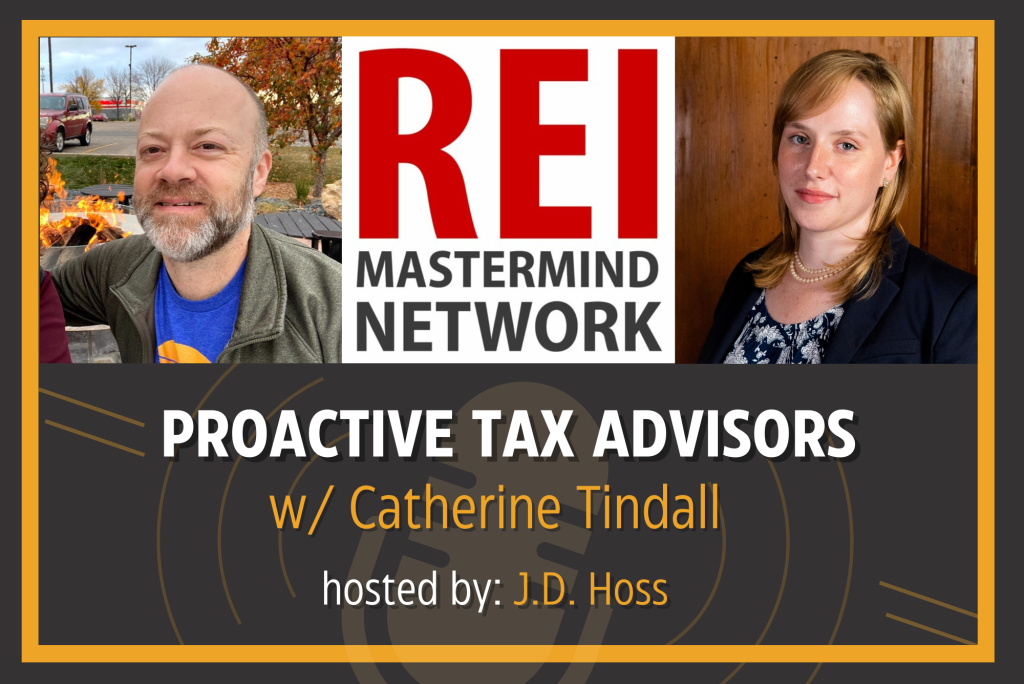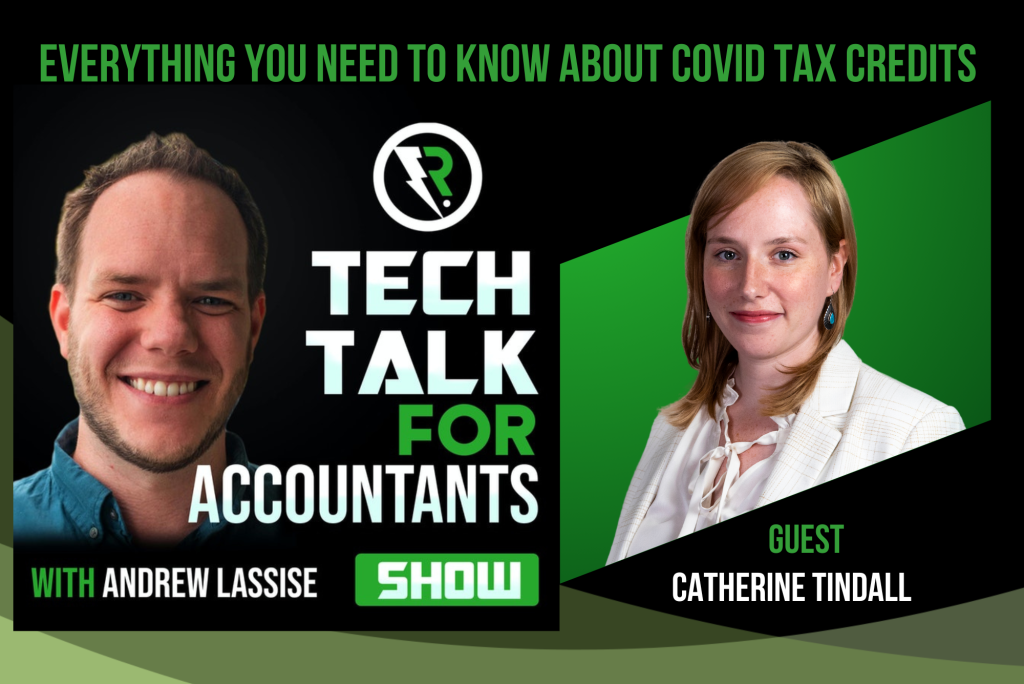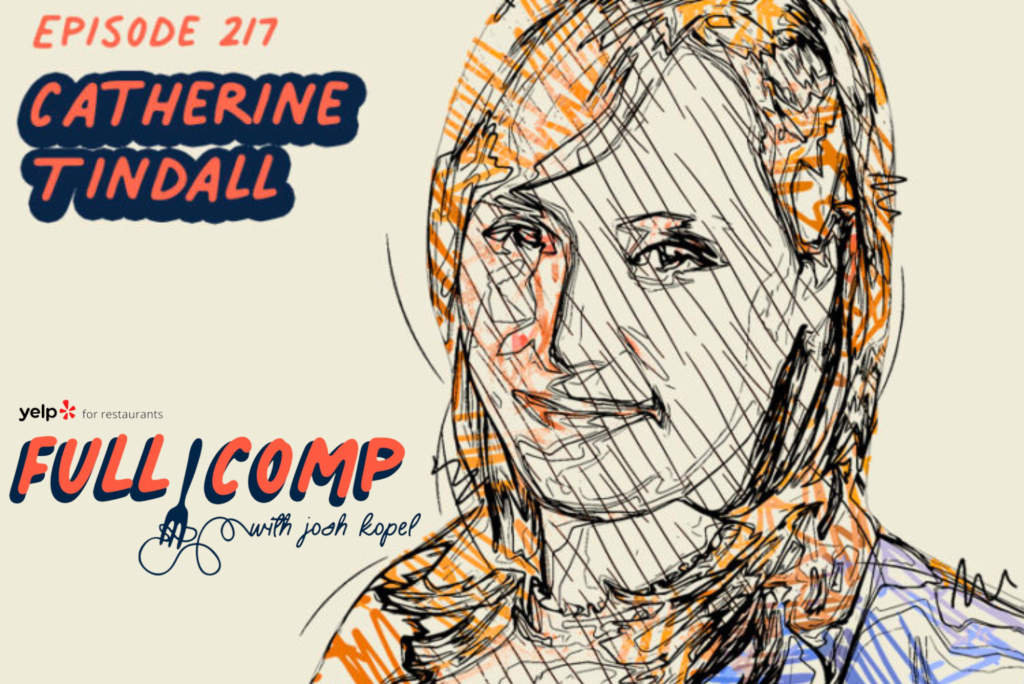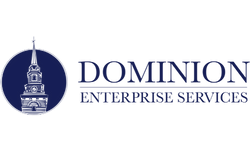
Proactive Tax Advisors with Catherine Tindall
You are listening to the REI Mastermind Podcast. Join JD as he chats with industry leading real estate experts and professionals. We learn from their experience and uncover the strategies to their success and we can implement into our own businesses and we can drive immediate results today. They share their experience and wisdom as we build the foundation to our own success. This is the REI Mastermind Network.
JD Hoss:
We have Catherine Tindall on the call and Catherine is here to help us prepare for tax season. And I know it’s November but Catherine just told me before we hit record that this is the best time to prepare for your taxes.
Catherine Tindall:
I’m a CPA and work mostly with closely held businesses, real estate investors, people that have that kind of complexity going on. I think even in November before December it’s a good time to get started because if your planning any transactions or you’re trying to figure out how to maybe shelter some of the fall-out from some things that happened earlier in the year, now is a good time of year to meet-up with your tax professional and get everything sorted out. And if there’s any planning techniques you can do before the year ends to make sure that you’re limiting your tax exposure as much as possible.
JD: Before you engage your tax professional. Are there some things that you recommend that they get in line first?
CT: For most tax professionals, the thing that drives us nuts the most is when people don’t have good records. Because we’re not bookkeepers, usually. It’s good to have all your books and records in really good shape so that if we ask for things like a year to date profit and loss or if we want closing documents or anything like that if you get into the good habit of keeping those things organized and especially in keeping your quickbooks and your accounting information up to date. If you don’t already have a proactive relationship with your CPA or your tax professional, reaching out to them now to put something down on their schedule and intentionally going to wanting to have a planning meeting with them is really going to help move that process along.
JD: As entrepreneurs though, what you’re talking about is almost a mountain that nobody likes to climb.
CT: Yeah
JD: And I know that you specialize in automation and processes and everything associated with your business. Is there anything on the entrepreneur/ real estate investor anything that we can proactively use, a tool or tools to help us with this?
CT: You really should have a specialized bookkeeper working on your financial information. I think one of the biggest mistakes that I see people make is they really try to DIY it for far too long when it comes to their books and records. Accounting is its own language in a way, and so even if you go on Quickbooks online and you feel like you got it under control very often there are going to be things that are wrong in there. And your tax professional will probably fix them and just sweep ‘em up and put them in your tax return and not really bring it to your attention most of the time. Tools like Quickbooks online are a good example where they are able to automate bank feed information and there’s other tools that I use that automatically connect/ collect bank statements from different bank accounts and things like that. Getting a kind of system in place when you think about how you’re going to deal with the record keeping problem that comes with real estate because that’s a big issue. And keeping everything segregated so that you have the reports you want to be able to make decisions but also that it’s segregated how it needs to be for how tax returns are filed which typically is by property bases. To have those systems set-up ahead of time is really helpful and also coordinating with a bookkeeping function or some other third party that’s gonna handle a lot of the heavy lifting of translating what goes on in your bank statements into usable financial data for you and for your tax professional.
JD: Kind of a fan of the Profit First by Mike Mchalowicz, you know.
CT: It’s a great book!
JD: Yeah and Mike’s been on the show, one of the things that he suggested in this case for example real estate investing. You’re having different accounts and multiple accounts for that one property to keep things organized. And I know there’s been an ongoing debate legally about whether you should have an LLC for each property but do you find that accounting and then bookkeeping and then come to tax preparation. Does that help your job if things are segregated out like that to that extent?
CT: It depends. When you’re going to set these things up, it’s good to establish that relationship with the tax professional and have a planning meeting. Because it’s a highly personal question. It really depends on the nature of the property, the nature of what entity structures you have going on, if everything is on different LLC’s, does it make sense to make certain groupings in certain way because of the way the tax codes interacts with each other based on which properties are kicking off profits, which are not, your level of participation in it. That’s why it’s good to have an established relationship before you start doing everything so that you’re not coming in at the end of the year with a shoebox or something that’s too segmented. I’ve had people, I’ve seen records where like 50, 60, 70 accounts for one property for a chartered account and it’s too much, way too much detail for them to be able to make meaningful decisions and it’s way too much detail for us, the tax side of it.
JD: That makes a lot of sense. Just to remind everybody here, you can find a lot of information regarding what we’re talking about here at dominiones.com. So reach out to Catherine and her team and see how they can help you. Do you specialize in a specific area in the country?
CT: The nice thing about a CPA license is that it’s good in every state and my practice is pretty much 100% remote and virtual. So we work with clients all over the country ,our specialty area of interest is more tax planning work so we really only work with clients that have that level of complexity that they need planning work done and I joked that we’re a profit center for you not an expense because we try to make sure that the work we are doing is gonna generate a good ROI for you and that’s the drive to our client relationships and our practice.
JD: So on average, what would you say on average is the ROI, in those situations?
CT: We only work with clients where it’s gonna be a minimum of 200%. Ideally I get higher than that but it just depends on the level of complexity they’ve got going on and what we can do for them. Because for some people if they’re not really paying that much in tax, doing certain moves will not be beneficial for them. Usually for people if we can’t find an ROI with them we will find them another tax professional to work with because we found that’s the best way to have relationships that are a win for us and a win for the client every time.
JD: I’m sure there are a lot of things going on with the tax system right now and they’re changing it all the time.
CT: Yeah. There’s a lot of pending legislation that can be spooky for people, especially because there’s no protection against retroactive tax laws being passed. I know a big one that most people in real estate have been concerned about is that like 1031 exchanges were on the chopping block and then the cap gains rates were supposedly gonna go up but it all depends on how it passes through legislation. But even from a couple of weeks ago to today they’re still changing some provisions to some pretty significant percentage changes dollar changes, so it’s really hard to plan based on that at this point but it’s something to definitely be aware of.
JD: What is the biggest bang for your buck that you’ve found in doing this now? I’m sure there’s some low hanging fruit that they could have been taking advantage of but weren’t just aware of it.
CT: What we try to do is more planning work and so when people come to me it’s usually a lot of similar things. Is your entity structure set up correctly? Does it make sense how it’s been grouped on the tax return? The other thing we consider a lot too is should you be considered active in your real estate or passive in your real estate and it depends on the rest of the portfolio. Another big one is looking for errors in previous preparers activities, ‘cause not everybody specializes on these more nuanced topics that come-in with real estate taxation. The qualified business income deduction too making sure that it’s being maximized and then as people are considering things such as selling properties the 1031 Exchange it’s a different structures and then more complex third party specialty tax products that you can use to defer those capital gains or eliminate capital gains, those are the kind of things that we consider. If it’s income tax, those are the kinds of low hanging fruit with the QBI deduction, groupings, entities selection, and other income shifting things we can do. If you’ve got a piece of property and you’ve got a bunch of family members that you’re very close with that you wanna share that with. Other ways that we can shift the income around so that it’s coming out of higher brackets to lower brackets of other family members, things like that I consider when I do planning work with people.
JD: You’ve mentioned that 200 % return on that ROI. Can you give us a high level example of one of your best turnarounds? That they were able to realize a significant ROI
CT: I had someone recently , I think his fee was maybe 7,000 or something and in planning we were able to find him about 50,000 in the first year tax savings. A good chunk of that is gonna be recurring. I’m not tempted to do a calculation live on a podcast to give you an ROI figure for that but.
JD: No, that makes sense though. You’ve mentioned first year savings but that’s significant. It’s a perfect example of hiring the right people for the right job. Like you said, a lot of people, it’s great that we leverage networking and a few other things to find somebody to do your tax preparation. But it’s another thing to find somebody who specializes in real estate ‘cause there are quite a few nuances that they should be aware of that an average tax preparer may not be aware of.
CT: And for most of them, part of it is just the mindset that goes into it. So for this one person the transformation that we were able to get. He did have to modify some of his behavior. Because some of the activity revolved around the use of a vacation property that he had Its rules that a normal tax preparer will be aware of to do the digging and say, okay we need to change some of your behavior that as this income and as this deduction go through the tax funnel they go through it this way instead of the way you’re going to do it. It’s more that proactive relationships combined with the more advanced specialization with planning is what makes the magic happen, I think for our client relationships.
JD: I like the fact that your team is very proactive. In fact, I’ve actually had asked other tax consultants and tax preparers if they could have this type of relationship, you know proactively consult. It was surprising how many people wanted to avoid that type of relationship.
CT: I think part of it for most tax people and this is what I experience working in some other firms is that the typical partner to client ratio is 400 clients to 1 partner. So you can imagine, you have a client coming in to say can you do more work? The answer is gonna be NO. Versus for us we intentionally maintain under a hundred clients per partner ratio. And that’s the max because we found that if you get too many, you can’t have that relationship and so if we’re going to be proactive advisors we have the space for that.
JD: Earlier you’ve mentioned something about COVID task credits, Could you talk a little bit about that and what that would mean to an investor?
CT: One of them is the employee retention credit, several thousand dollars per employee if you meet the qualifying standards. And so if you’re already working with a tax professional please do reach out to them about it. They’re a lot of people who didn’t think they were eligible because they got PPP funding but that one’s worth a phone call to your tax professional. Now that some of the program is starting to phase out for instance the employee retention credit just a couple days ago, Congress shot that one down for the fourth quarter except for new businesses so you can still go back and retroactively get for the previous quarters. They are still open for people to consider.
JD: It seems that you’re a partner of Dominiones.com. Were you one of the founding members there?
CT: Yeah, so it’s myself and another partner Skyler. We both have the tax planning specialty and have the same love for automating the administrative annoying things for clients and for ourselves so that we can put the emphasis on client relationships and having the space for that.
JD: How long have you been doing this?
CT: I’ve been in the practice for almost 3 years now but I’ve been in public accounting since 2013 .
JD: What made you decide to go out on your own?
CT: I think part of it was the kind of relationship that I wanted to have with clients wasn’t something that I could see as being easily done in other CPA firms that I’d work at. And then also for a lot of younger people in the profession it really burns them out so when you have a ton of compliance clients and everybody’s due date is March 15 and April 15, it just creates a lot of burn out from the profession. Part of what I wanted to do is switching into a more advisory focused CPA firm was to have the space to be able to give much better outcomes to a smaller number of clients and to have closer relationships with those clients. Te really be more impactful. I have all these tax codes up in my head but it doesn’t serve them if they’re not able to act on it and not get the advantage of it. It’s one thing to file a tax return at the end of the year, it’s another thing to be able to change their behaviors based on how the code’s being written so that we really squeeze the most out of what’s there.
JD: If you don’t mind me asking then, many CPAs that I’m familiar with are very analytical. What decision tree did you go through in order to decide to make the jump to being an entrepreneur?
CT: Well I think part of it is growing up my parents are both tax professionals. It’s funny I started off in medicine ‘cause I really wanted to help people and the further I went into medicine I realized that I wasn’t gonna help people the way I wanted ‘cause I’m very relationship oriented personally. And seeing what my parents are able to do in their practice is what got me with the tax bug but I always knew even when I was in school for accounting that I wanted to have my own practice someday just because on top of the analytical thing I think it’s being able to have the control over the relationships and have a certain number of pro bono work for people is part of what made me make the jump.
JD: So you have a pretty much direct example within your life that you could pull from a little bit.
CT: Yeah, and I think seeing some of the things that happened when I was a kid like the trip to the post office at midnight when we were in our PJs getting the last couple of returns in. Those kinds of things like you know what, there’s a way around this, we can fix this. I think that was part of the dream with automation and technology.
JD: Now this has been a great conversation and it’s quite the eye opener. I hope you’ll consider coming back sometime and just remind everybody to head over to Dominiones.com. I’ll make sure to have that link on the show notes but as I warned you, is there a question you wished I could have asked you today?
CT: I think we pretty much covered anything that I would want you to ask about. The main question maybe is if they already have a good relationship with their professional, how to make it better? If you approach them saying, “hey I would like a relationship that’s you more as an advisor to me than just you doing my tax returns.” I think a lot of tax professionals are open to that. They’re just so busy with the compliance part of it that they don’t see the other side of it. so I think for a lot of people who already have a good relationship with that person to come to them and say, “hey can we do more? Can I have a planning meeting with you and hey I’m considering this transaction, I’m considering this sale. Can you do some projections for me? Can we figure out a way to maybe lower this liability or hey can you figure out the way it’s gonna be so at least I know my tax exposure before I do this. They kind of wait for the client to move first instead of them moving first.
JD: I won’t be surprised if a little alcohol in April, sent their way doesn’t hurt either.
CT: Yes, that’s probably the other one too. Be nice to your tax professionals. Imagine if every single piece of work that you had to do is all due in one day and you have two months to do it.
JD: Right, and I can’t even imagine the amount of clients that send things at the last minute.
CT: Yeah, I think that’s the other thing that drives a lot of us crazy. Please try to send everything you have and not piecemeal. Please send it as early as you can because we have such a short time frame of being able to do a lot of work so it helps a lot.
JD: Well I hope you’ll consider coming back ‘cause it’s a great conversation again its Domiones.com
CT: Yeah, I’d love to come back. And maybe if the tax proposals all passed, we can do a second round where I go into more detail about what’s passed and how it affects real estate investors. ‘Cause there’s a lot of pieces in there that I think will affect a lot of your listeners.
JD: Yeah maybe we should do it around the nearest Friday the 13th and you can just scare everybody.
CT: I know, it’s too bad that it didn’t pass for Halloween. Nothing more spooky than a cap gains tax rate increase, especially retroactive.
JD: Well thank you! This was a great conversation.
CT: Yes, thank you so much. I really appreciate it.





